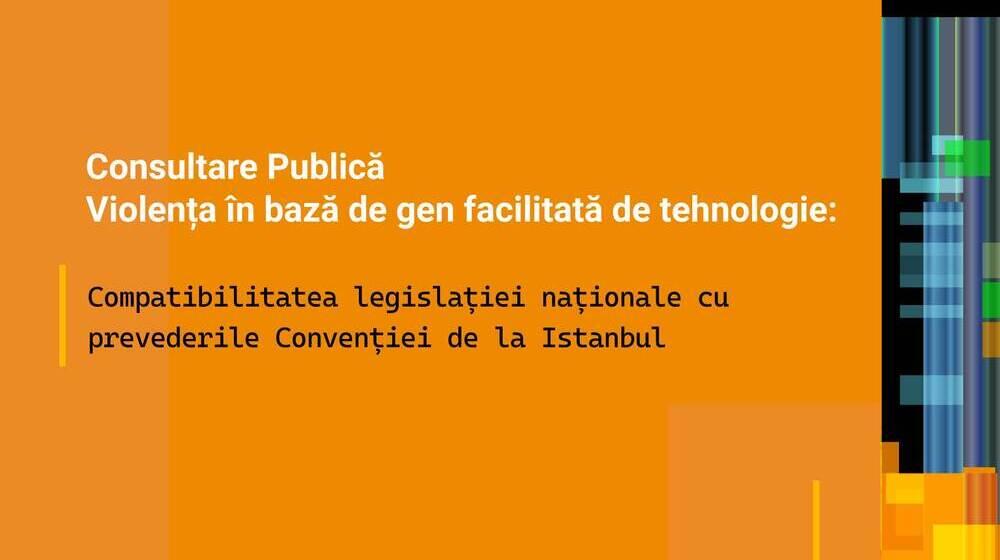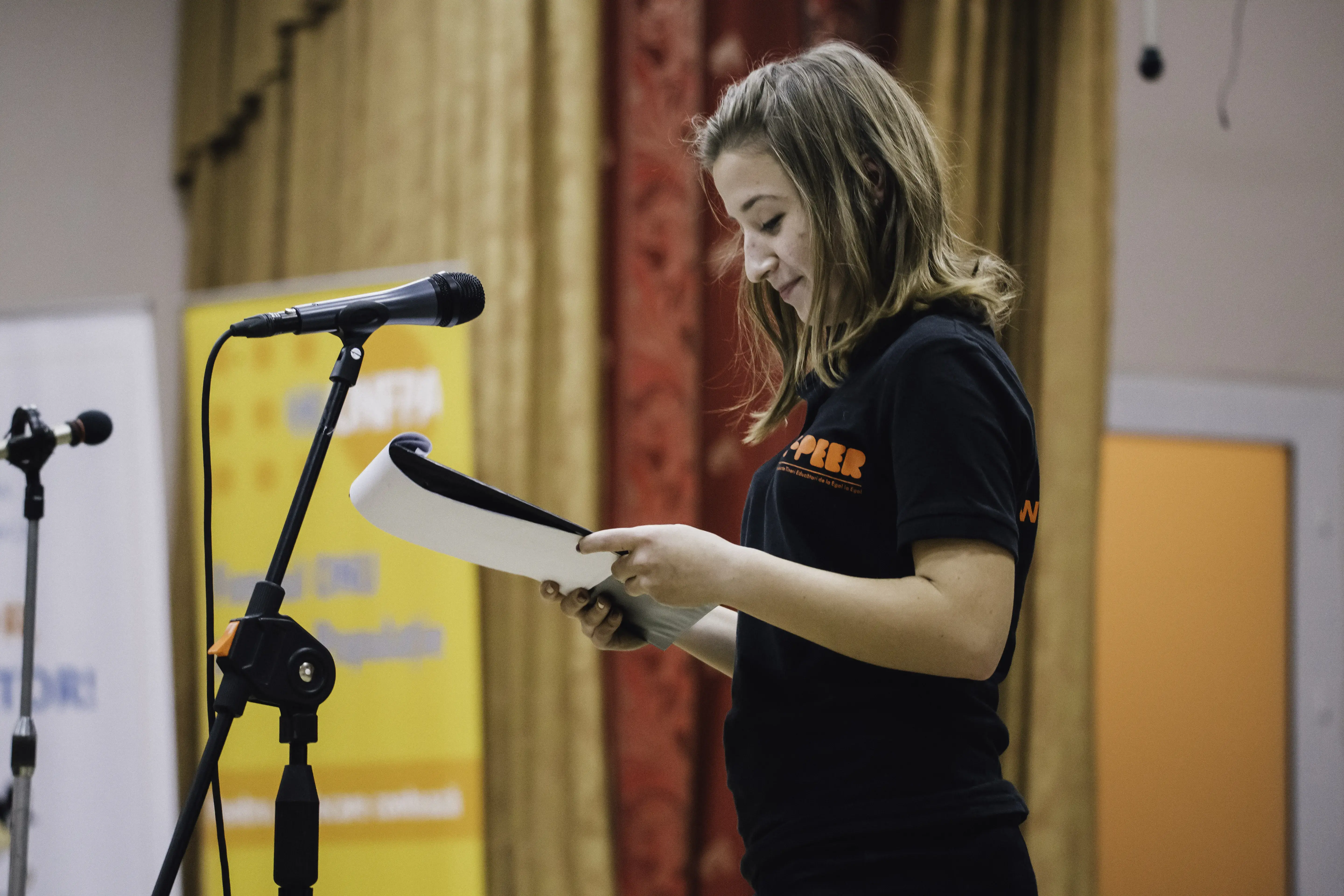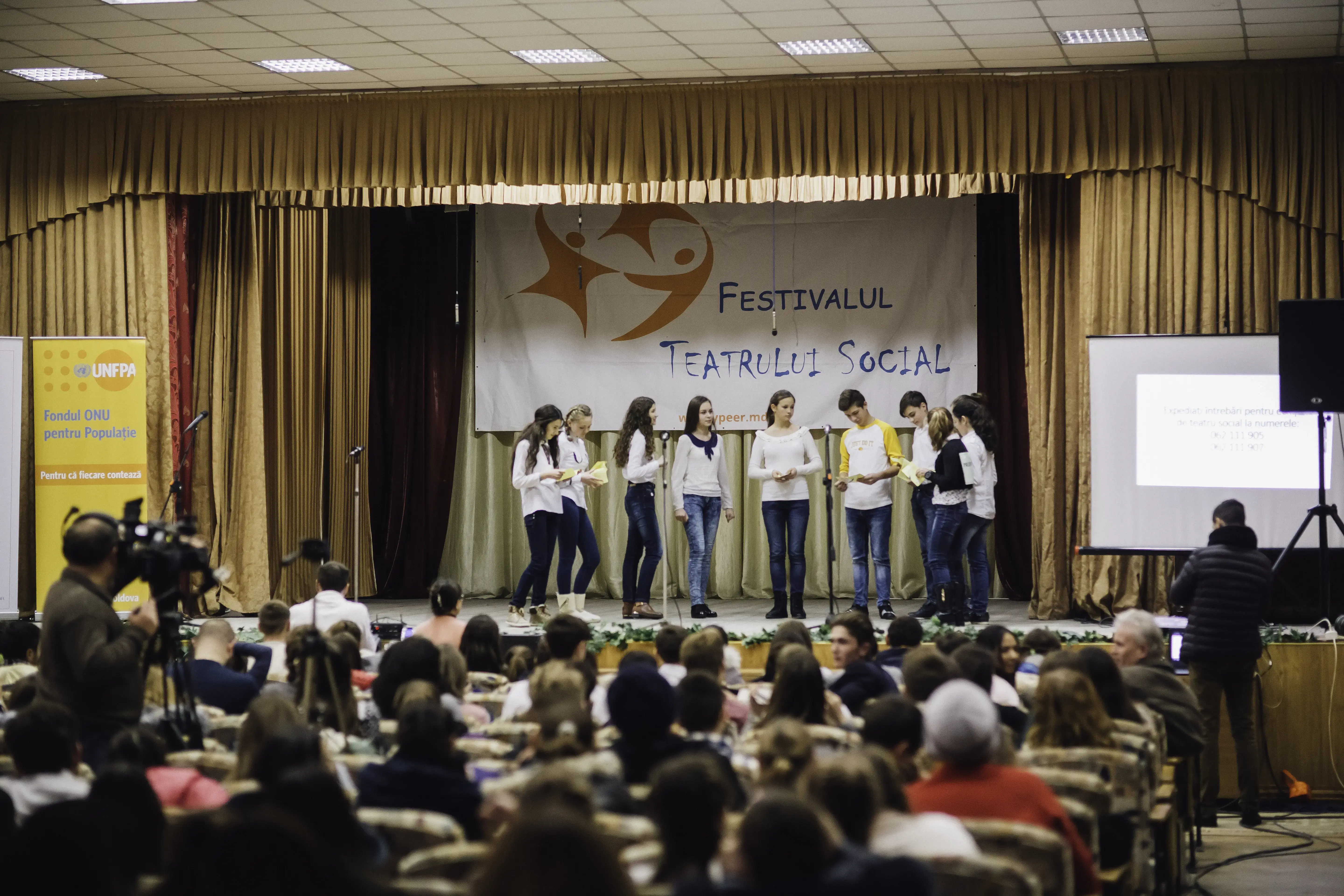The main findings of the Report on the compatibility of the national legal framework with the provisions of the Council of Europe Convention on preventing and combating violence against women and violence in the family (Istanbul Convention) in the segment of violence facilitated by technology, were presented during a public consultation organized by the Ministry Labor and Social Protection, with the support of the UN Population Fund.
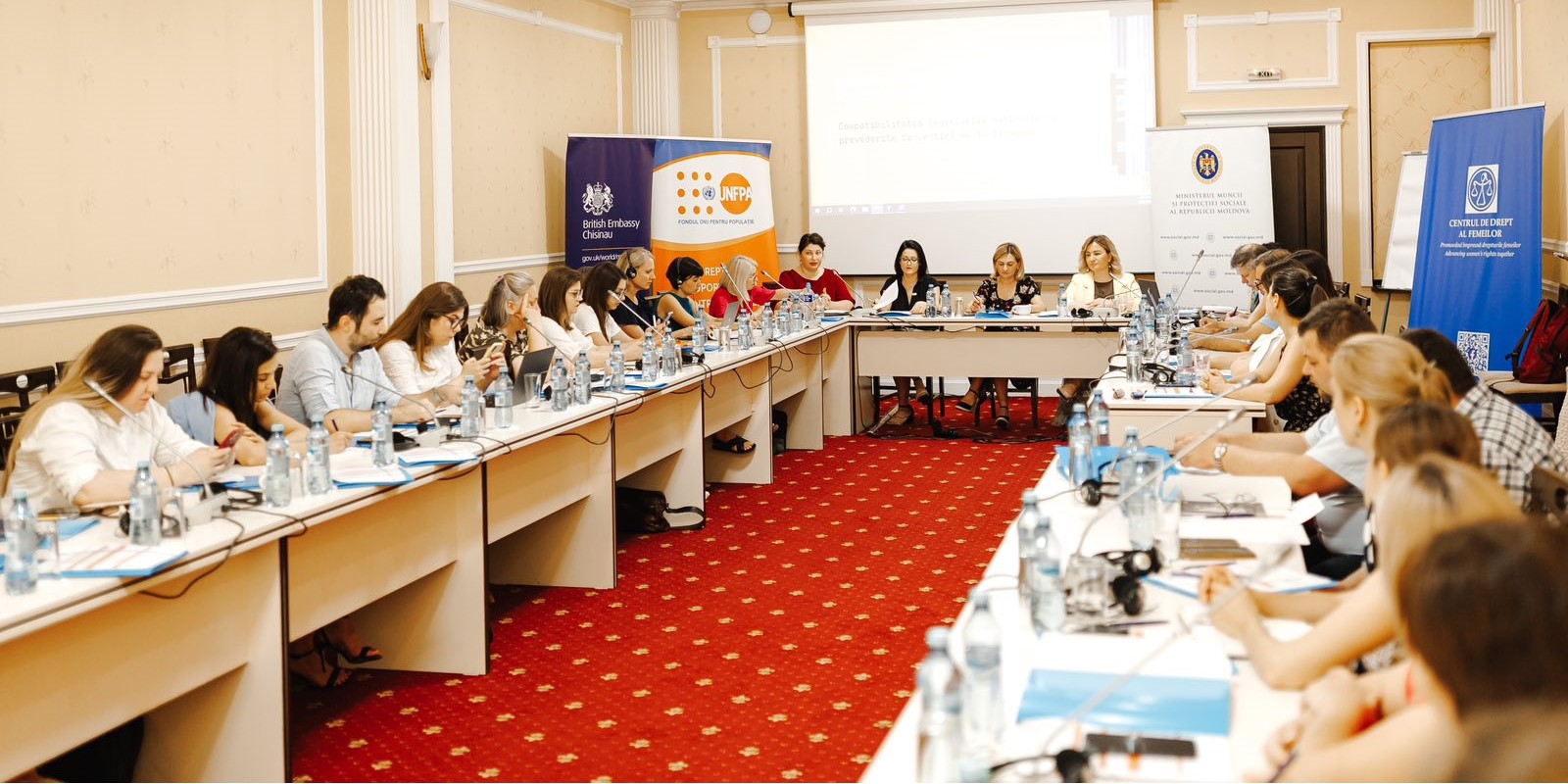
The public consultation event was attended by officials, representatives of international organizations, experts and managers of public institutions, including Doina Gherman, vice-president of the Parliament of the Republic of Moldova; Felicia Bechtoldt, Secretary of State at the Ministry of Labor and Social Protection; Viorica Țîmbalari, director of the National Agency for the Prevention and Combating of Violence Against Women and Family Violence; Natalia Plugaru, deputy representative of UNFPA Moldova and Angelina Zaporojan-Pîrgari, executive director of the Women's Law Center.
"We want to build a society where every person feels safe and respected, both offline and online. The Republic of Moldova is committed to supporting survivors of gender-based violence and implementing the Istanbul Convention. Our success depends on the collaboration between state institutions, the private sector, NGOs and citizens. We are grateful to development partners, such as the UN Population Fund, the Council of Europe and the British Embassy, for their continuous support in combating digital violence", said Doina Gherman, Vice-President of the Parliament.
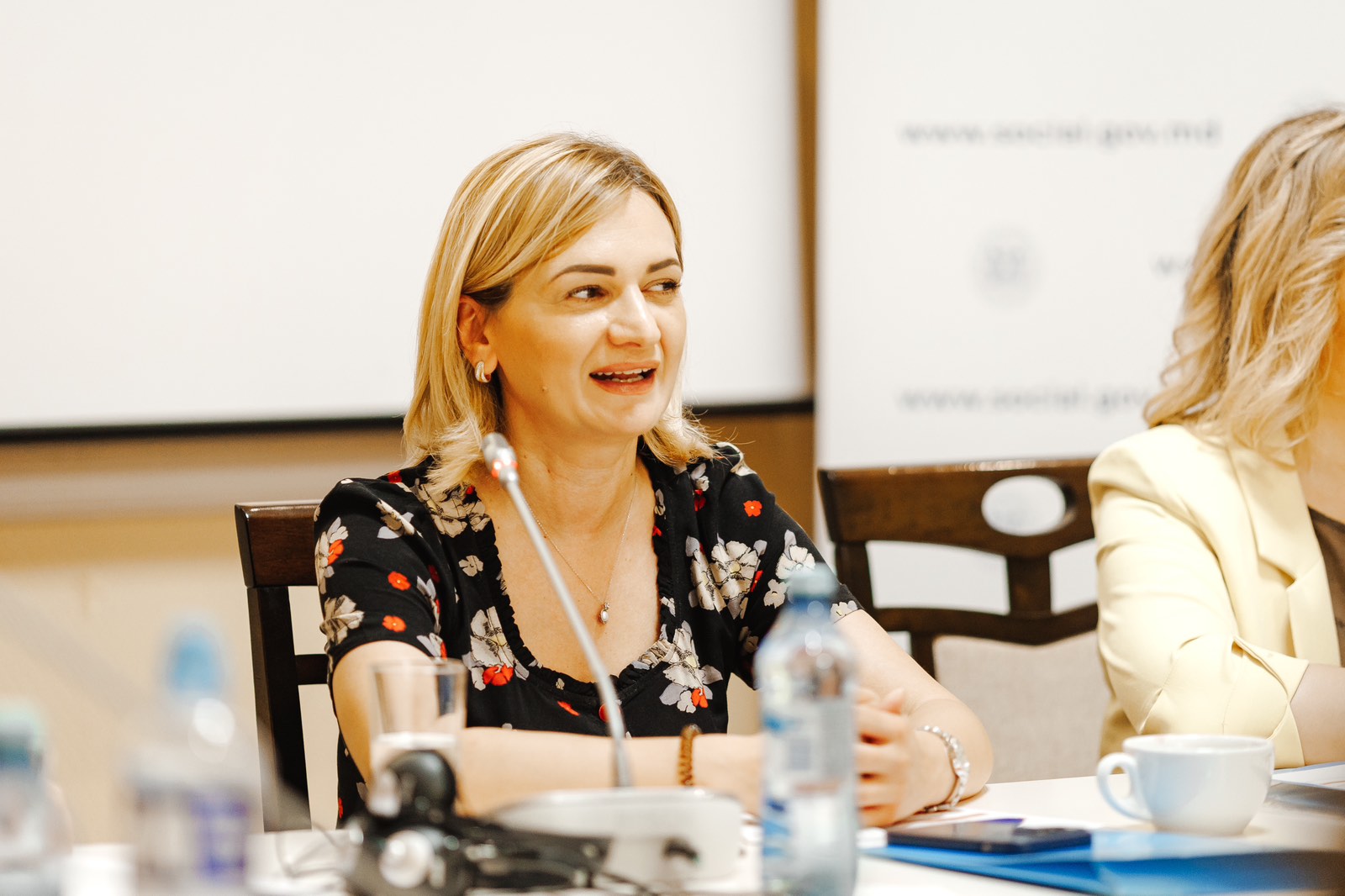
The initiative aimed to ensure that national legislation is in full harmony with international standards in the field of preventing and combating violence against women and that it provides victims of violence with adequate protection mechanisms. In this sense, considerable efforts have been made for the exhaustive analysis of the normative framework in the field, the studies carried out in recent years, the recommendations issued by GREVIO, the directives of the European Union and the cases examined at the ECHR concerning our country.
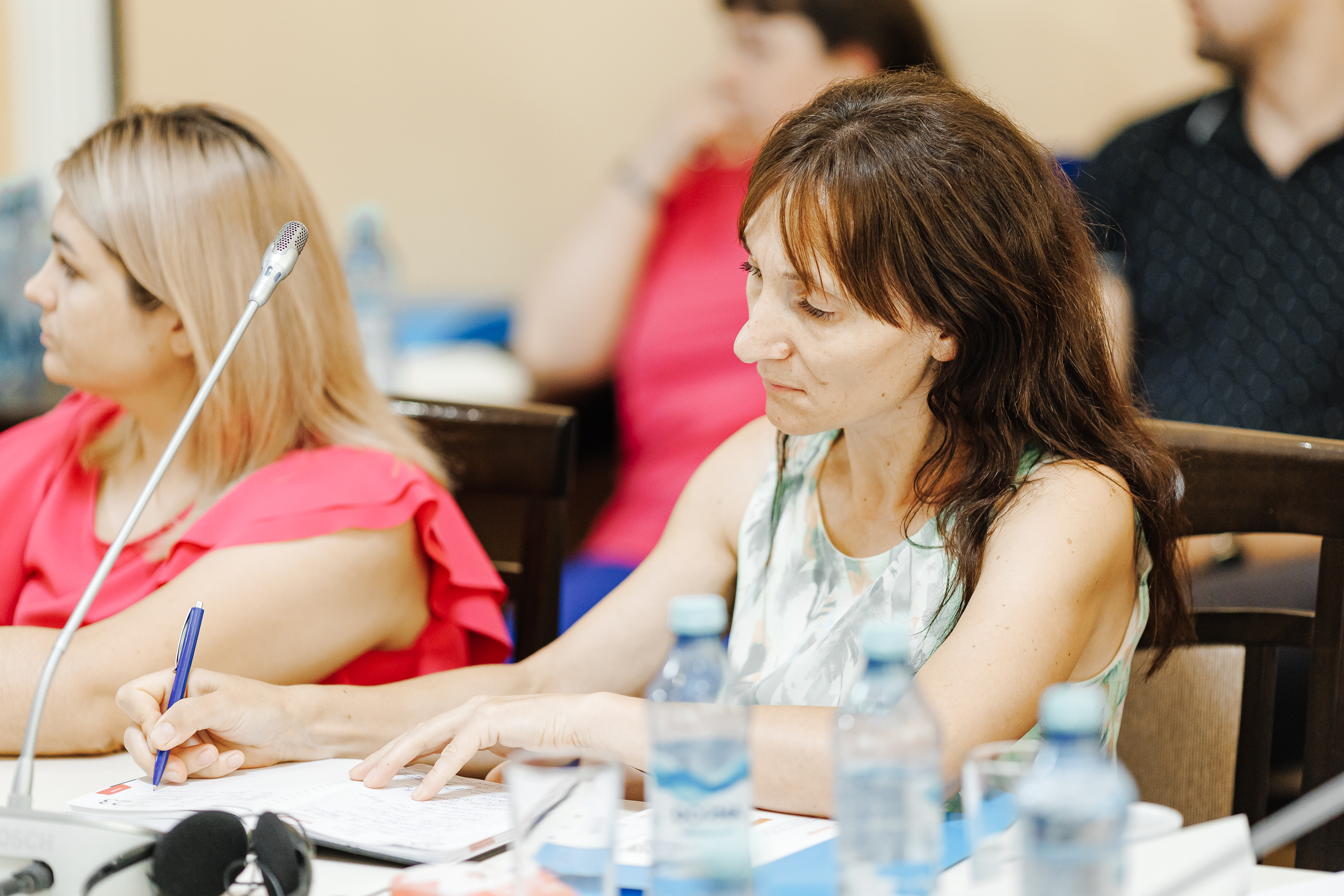
"While technology brings many benefits to our lives, when misused, it can also be a dangerous tool that amplifies and expands traditional forms of violence. To combat this phenomenon, updating legislation to include and sanction forms of digital violence, training justice and law enforcement personnel to recognize and address these cases, creating specialized support services for victims of technology-enabled violence, and campaigns to sensitize the general public about the risks and prevention of this type of violence", emphasized Felicia Bechtoldt, Secretary of State at the Ministry of Labor and Social Protection.
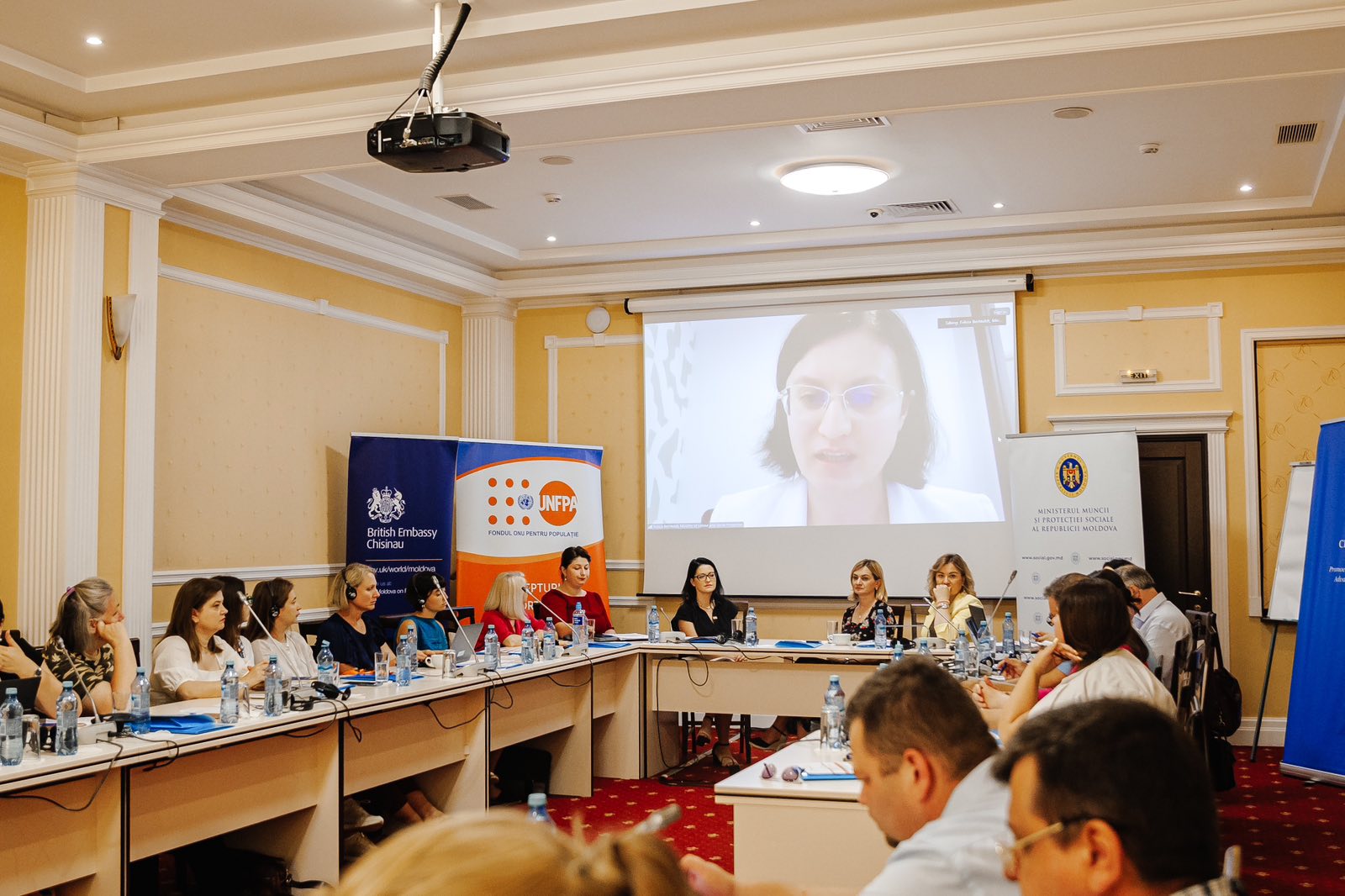
“In response to Gender-Based Violence in digital space, the UN Population Fund wishes to launch a Technical Expert Group for a comprehensive and coordinated response aimed at reducing the impact of technology-enabled gender-based violence. This platform will serve as a hub for discussion, knowledge exchange and collaboration between stakeholders, promoting stronger national policies and appropriate legal frameworks," said Natalia Plugaru, UNFPA Assistant Representative.
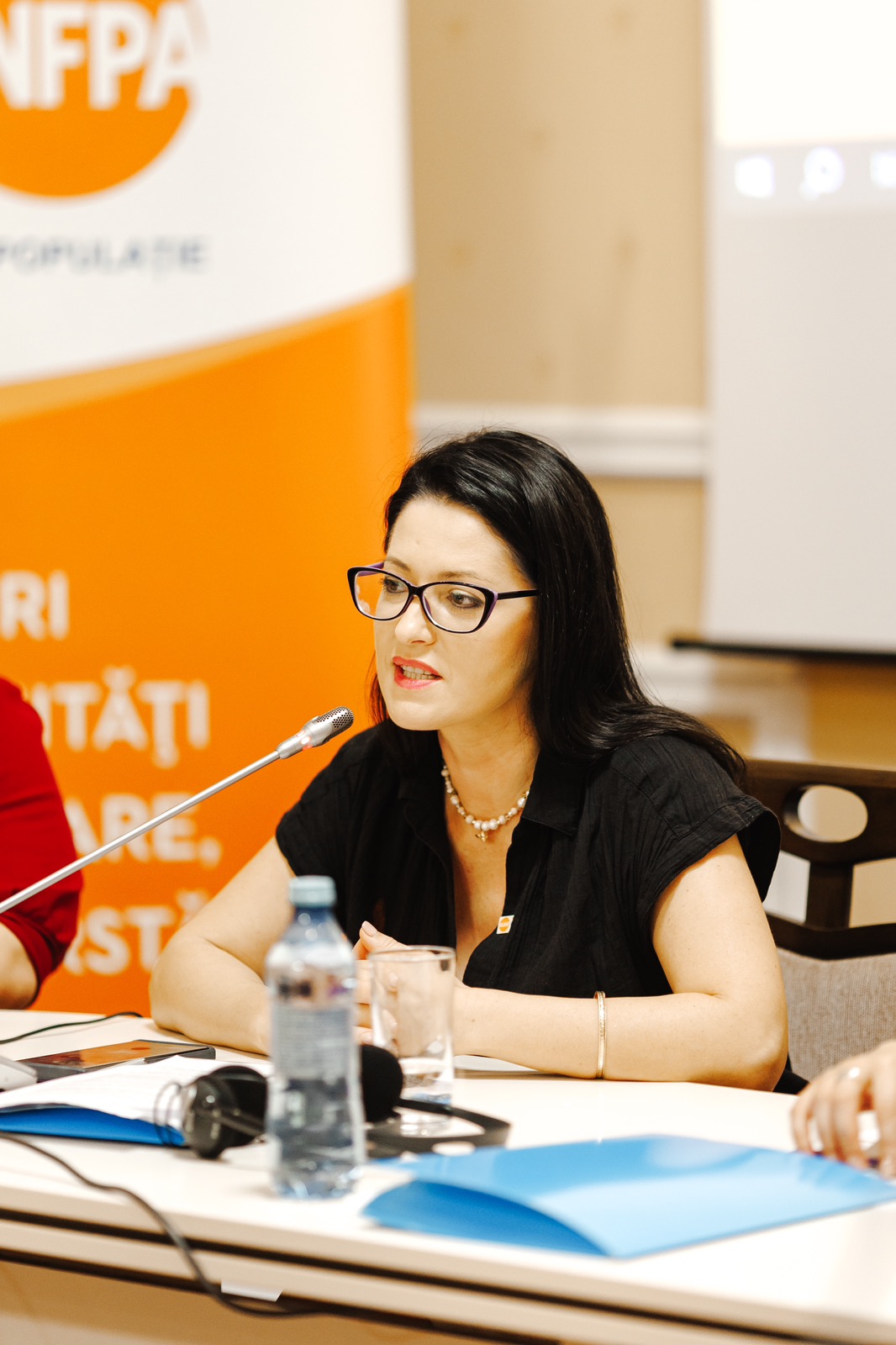
During the event, global regulations and good practices on combating gender-based violence facilitated by technology (TF GBV) were analyzed. At the same time, the preliminary findings regarding the compatibility of national legislation with the provisions of the Istanbul Convention on preventing and combating violence against women and family violence were presented.
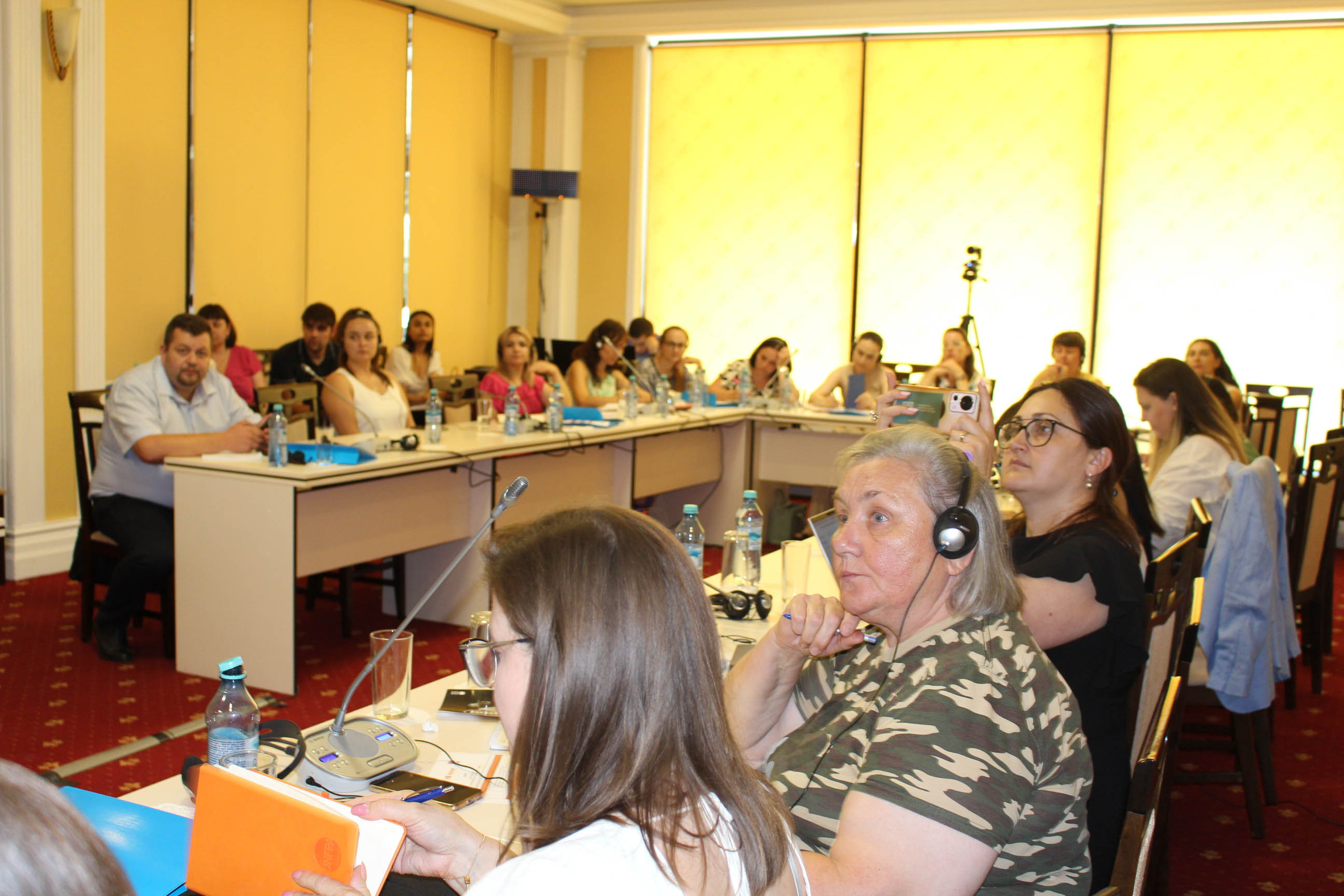
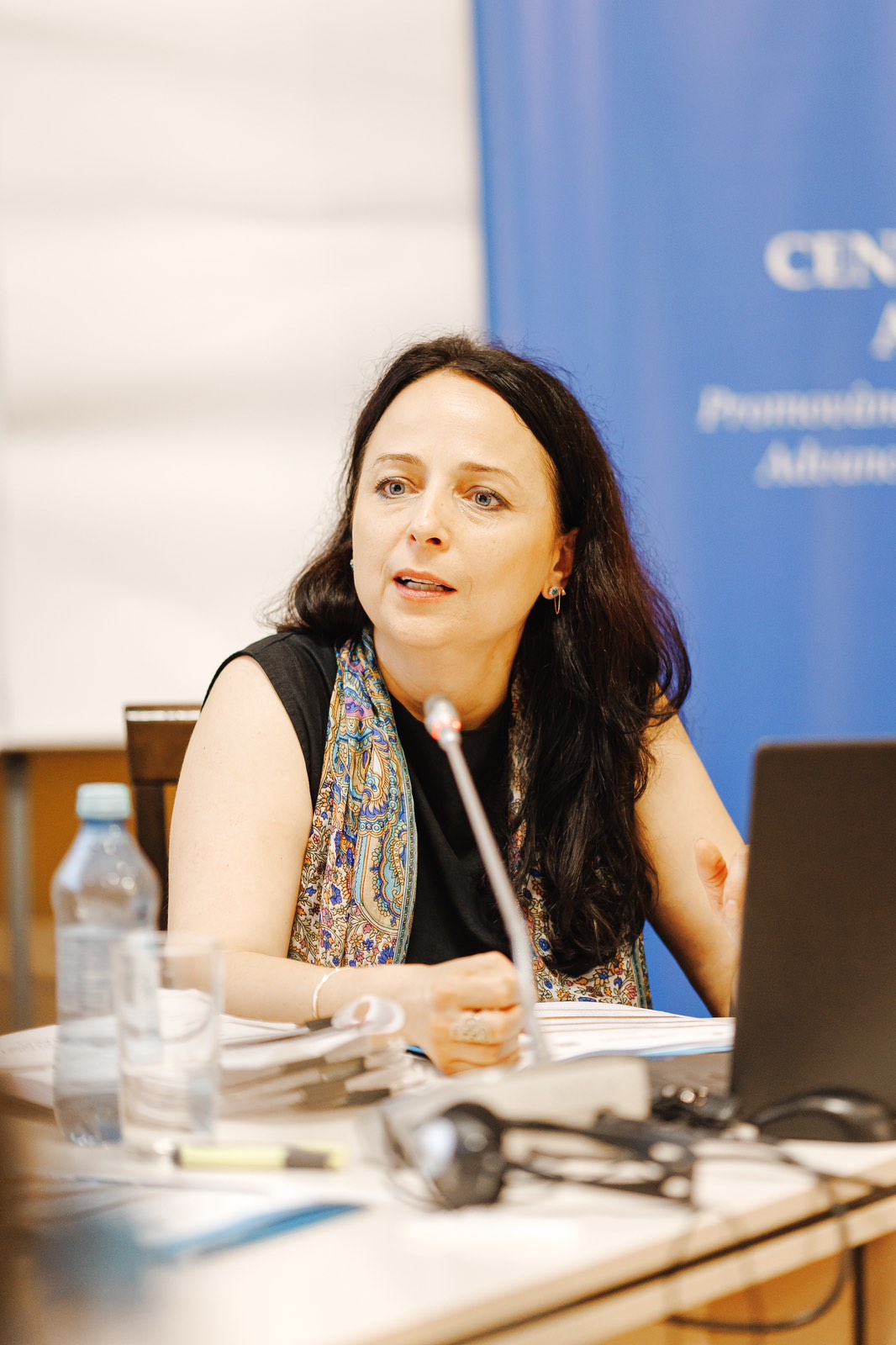
At the event, experts Alexandra Robinson and Carlotta Rigotti presented global models and examples of good practice in addressing technology-enabled gender-based violence. These models include prevention, intervention and victim assistance strategies adapted to the new forms of violence emerging in the digital and technological context. Such initiatives are essential to provide adequate support to victims, who face social and emotional isolation, mental health problems, loss of employment or educational opportunities.
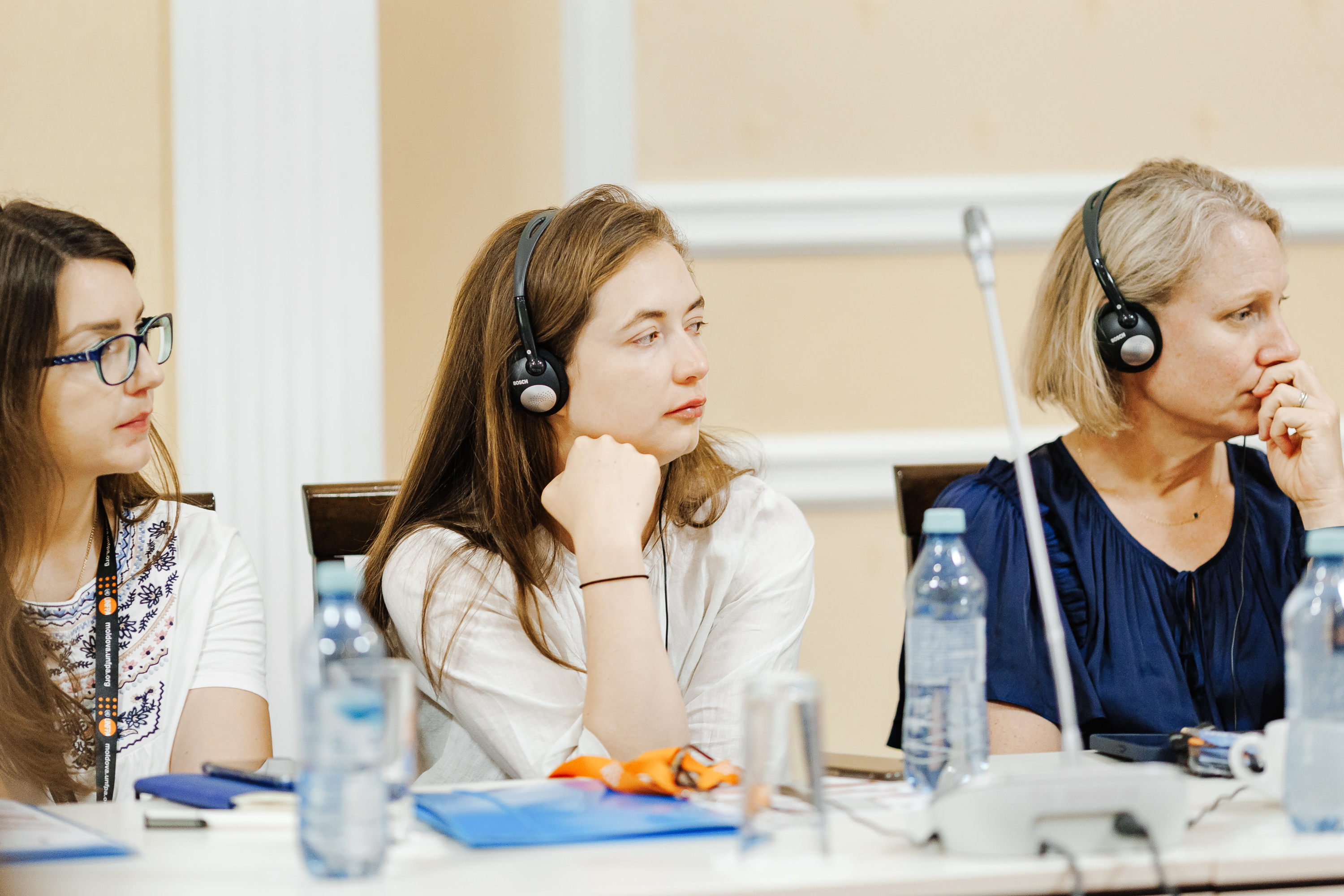
“TF GBV is an increasingly prevalent issue disproportionately facing women and girls in all their diversity. It ranges from individual harms to the coordinated campaigns of disinformation which can lead to the erosion of democracies. Robust and regulated ecosystems across Government, private sector, civil society, UN, academia and other stakeholders to critical to ensure women and girls can access and use technology without fear of harm”, noted Alexandra Robinson, UNFPA global advisor on gender-based violence.
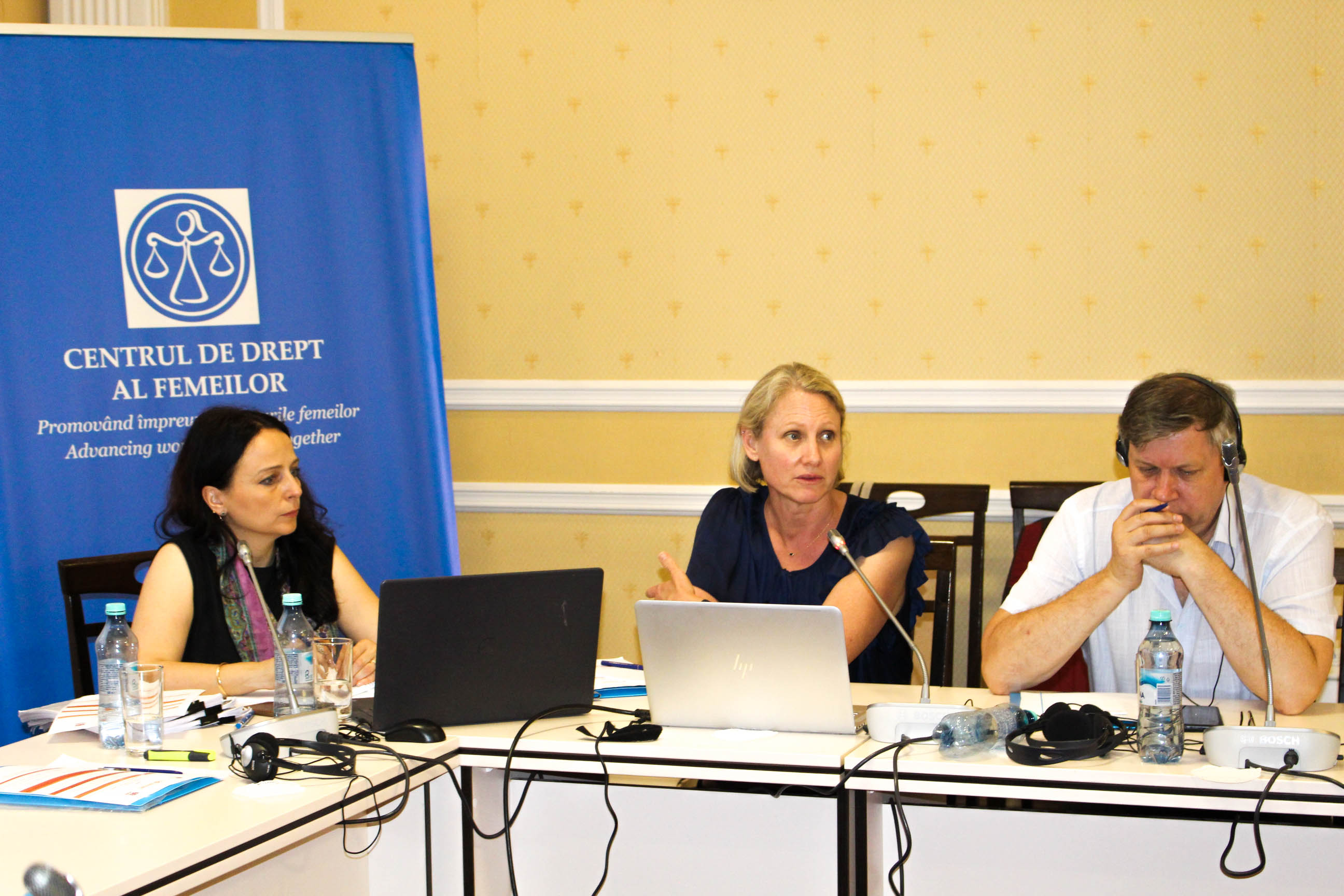
The compatibility report of the national legal framework with the provisions of the Council of Europe Convention on preventing and combating violence against women and violence in the family was carried out at the initiative and under the auspices of the Ministry of Labor and Social Protection, with the financial support of the Council of Europe, the UN Population Fund and the UNDP Moldova, through the Women's Law Center.


